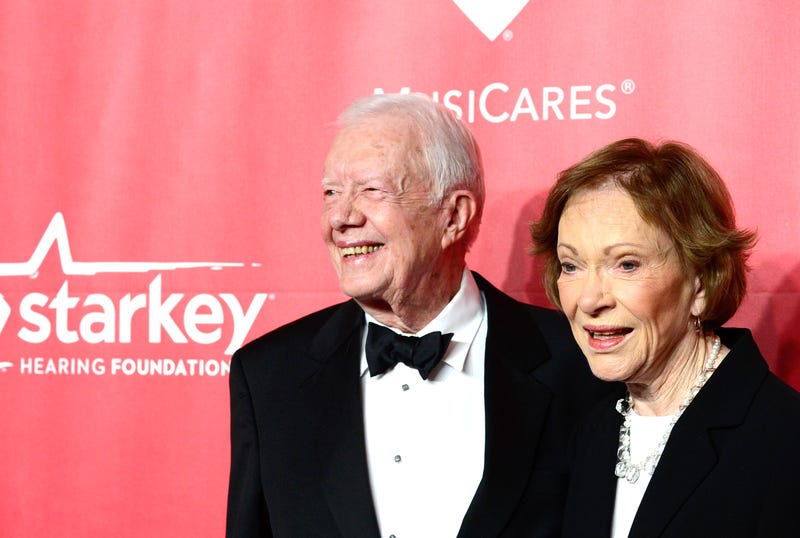
PHILADELPHIA (KYW Newsradio) — Last Saturday afternoon, it was tweeted out as a simple three-sentence statement from the Carter Center:
“After a series of short hospital stays, former U.S. President Jimmy Carter today decided to spend his remaining time at home with his family and receive hospice care instead of additional medical intervention,” the statement read. “He has the full support of his family and his medical team. The Carter family asks for privacy during this time and is grateful for the concern shown by his many admirers.”
Hospice is a sensitive but necessary medical decision that is meant to help someone end their life with as little pain and stress as possible. KYW Medical Director Dr. Brian McDonough said it is similar to making a decision to start medical treatment or have a surgical procedure.
“If your physician hasn’t asked you, you can say, we’re considering [hospice],” he said. “It’s as simple as what we call a hospice consult and take care of that in a number of ways.”
McDonough acknowledges the former president’s impact, and says that this could be one last part of his enduring legacy.
“It’s just as important of a stage of life as with any other, and I think that’s what he’s teaching us in a sense,” he said. “[Carter’s] had an incredible life, and he’s now saying at this point, in the end, I would like to have a peaceful opportunity to spend time with my family and the people that I love.”
To hear more of this conversation, including what issues the medical field is facing, you can listen to it below.

